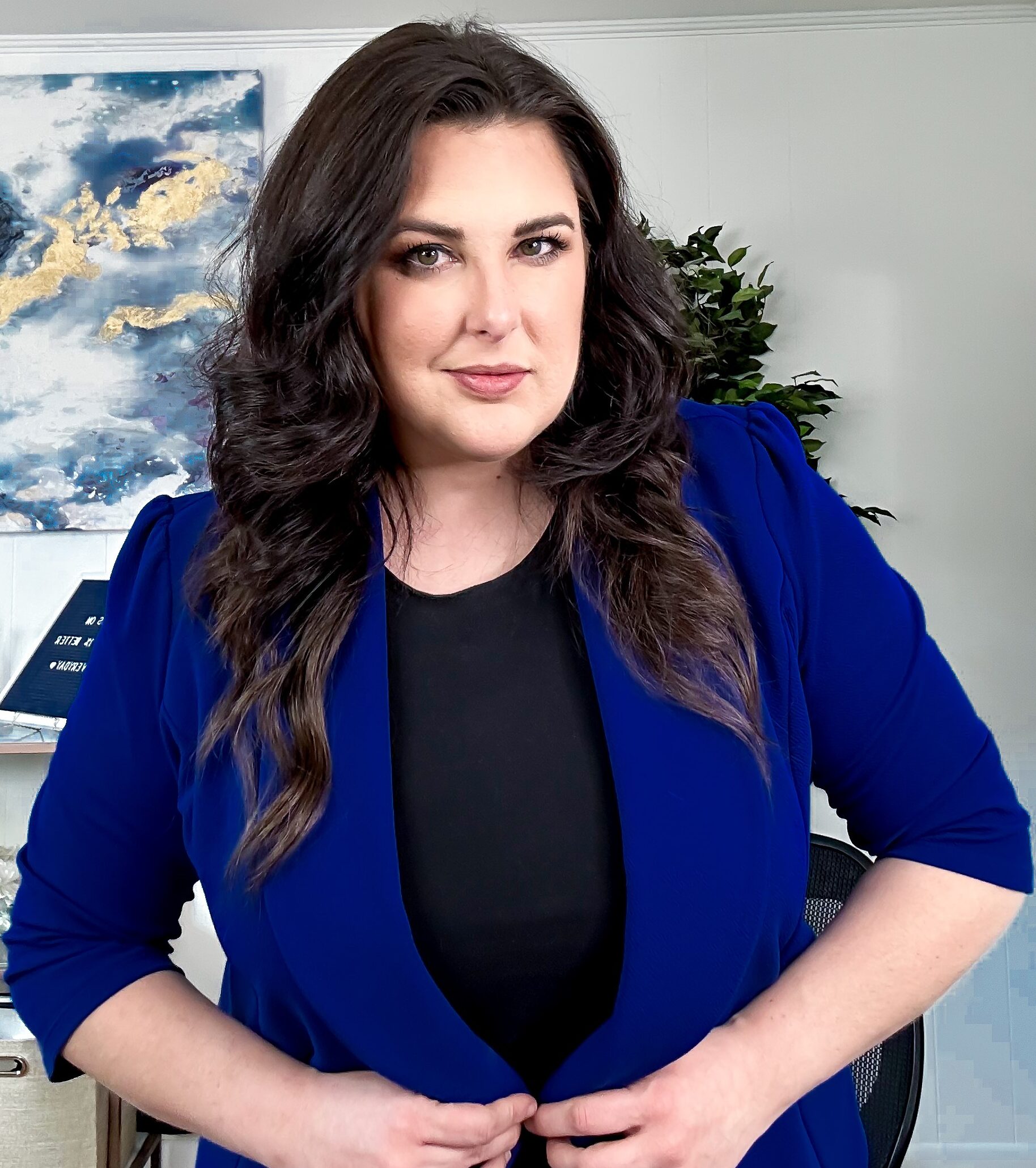References can play a critical role in the hiring process. They offer employers an opportunity to validate your qualifications, confirm your professional achievements, and gain insight into your workplace character. While you should never underestimate the power of your resume, cover letter, and interview performance, a strong set of references can often tip the scales in your favor when an employer is making a final decision.
The following guide expands on the essentials of including references in job applications. You’ll learn when and how to provide them, who to ask, and how to format your list so it makes the right impression.
Why references matter
Most employers view references as a way to ensure they are making the right hire. A resume highlights your skills and accomplishments, but it’s still self-reported. References allow employers to hear from people who have worked with you directly and can confirm not only what you’ve done but how you’ve done it.
Strong references can:
- Confirm your work history: Dates, responsibilities, and job titles can be verified.
- Validate your skills: References can explain how you applied technical skills or soft skills on the job.
- Highlight your character: They can speak to your reliability, adaptability, teamwork, and integrity.
Reinforce your candidacy: A positive endorsement from a respected professional in your field can differentiate you from other candidates with similar qualifications.
Should you include references on your resume?
No — in almost every case, references should not appear on your resume. Space on a resume is too valuable; it should be reserved for your achievements and experience. Listing references there can also make your document look outdated, since modern hiring practices assume references will be provided later in the process.
Instead, keep a separate reference sheet ready to provide when requested. This shows you’re organized and prepared without cluttering your resume.
FAQs on References in Job Applications
When should I include references in a job application?
Only provide references when the employer specifically asks. Some job postings request them in the initial application, while others may ask after an interview. If references aren’t mentioned, wait until later in the process.
By holding back until you’re asked, you maintain privacy for your contacts and ensure your list is targeted to roles where they can provide the most relevant insights.
Why do some employers ask for references?
Employers often use references to:
- Verify your professional background.
- Gain perspective on how you work with colleagues, supervisors, and clients.
- Understand your communication style, leadership abilities, and problem-solving skills.
- Assess whether you’ll fit the company culture.
Providing references also demonstrates that you can follow instructions carefully — a quality every employer values.
How many references should I include?
- Check the job posting first. If a company asks for three, provide exactly three.
- If no number is given, three to five is usually appropriate.
- Choose quality over quantity. Two strong references are better than five weak ones.
Which contacts should I consider listing as a reference?
Think strategically about who can present you in the best light. Consider:
- Former managers or supervisors – They can speak directly about your performance and growth.
- Team leads or senior colleagues – Useful if you worked closely on projects.
- Professors or academic advisors – A good choice for students or recent graduates.
- Internship supervisors – Particularly relevant for entry-level candidates.
- Clients or partners – For freelancers or consultants.
- Volunteer coordinators – Helpful if you’ve contributed to nonprofit or community projects.
Avoid listing family members or friends. Employers want objective professional input.
Pro Tip: Always ask permission before including someone. This not only shows respect but gives them time to prepare positive, specific examples if contacted.
What information should I give about each reference?
Each entry should include:
- Full name
- Current job title
- Current employer or organization
- Preferred phone number
- Preferred email address
- A brief note about your relationship (e.g., “Former Supervisor at ABC Company”)
This context is especially important if your reference has changed roles or companies since you worked together.
How do I format my references list?
Your reference sheet should be professional and match the style of your resume. Use the same font, header, and formatting so the documents look consistent.
- Title the page clearly, such as “References for [Your Name].”
- List each reference in a simple, easy-to-read format.
- Align information consistently (e.g., names bolded, contact details on the next line).
Example:
References for Chris Jackson
Reese King
Project Manager, Creative Co.
reese[at]example.com | (555) 123-4567
Former Supervisor at ABC Company
Logan Hall
Senior Software Engineer, BrightTech Solutions
logan.hall[at]example.com | (212) 555-8943
Former Colleague at BrightTech Solutions
Dr. Jesse Martin
Professor of Marketing, Eastwood University
jmartin[at]example.edu | (617) 555-2048
College Professor and Academic Advisor
Devon Young
Volunteer Coordinator, Harbor Outreach Center
devon[at]example.org | (310) 555-7782
Volunteer Supervisor during community outreach project
Additional Tips for Managing References
1. Keep your references updated
Stay in touch with your references periodically. Let them know when you’re job hunting and share the types of roles you’re pursuing so they can tailor their feedback if contacted.
2. Prepare your references
When you list someone, give them a copy of your resume and mention key projects you worked on together. This helps them provide detailed, accurate answers that reinforce your application.
3. Rotate references strategically
You don’t have to use the same list for every job. Choose references who can best speak to the skills required in each role. For example, if applying for a project management role, prioritize supervisors who saw you lead initiatives.
4. Say thank you
Always thank your references — both when they agree to be listed and after they’ve provided support. A quick note or small gesture of appreciation goes a long way in maintaining professional relationships.
5. Anticipate reference checks
Employers typically ask references about:
- Your role and responsibilities.
- Your strengths and areas of improvement.
- How you handled challenges.
- Whether they would rehire you.
Knowing these questions can help you prepare your references in advance.
Common Mistakes to Avoid
- Listing references without permission.
- Including outdated contact information.
- Choosing irrelevant references.
- Using generic formatting that looks unprofessional.
Frequently Asked Questions
LinkedIn endorsements or written recommendations are a nice supplement, but they don’t replace formal references. Employers typically want live conversations with people who’ve supervised or worked with you directly.
That’s fine. Academic advisors, professors, volunteer leaders, or even supervisors from part-time jobs can serve as solid references. The key is finding people who can credibly speak to your reliability and work ethic.
No. That phrase is outdated and unnecessary. Employers already assume you’ll provide references when asked. Save the space for stronger content.
If a company has a strict HR policy of only confirming dates of employment, don’t worry. Choose colleagues, supervisors, or clients from other roles who can speak more directly about your contributions.
Resume.org offers free, HR approved resume templates to help you create a professional resume in minutes. Choose from several template options and even pre-populate a resume from your profile.

